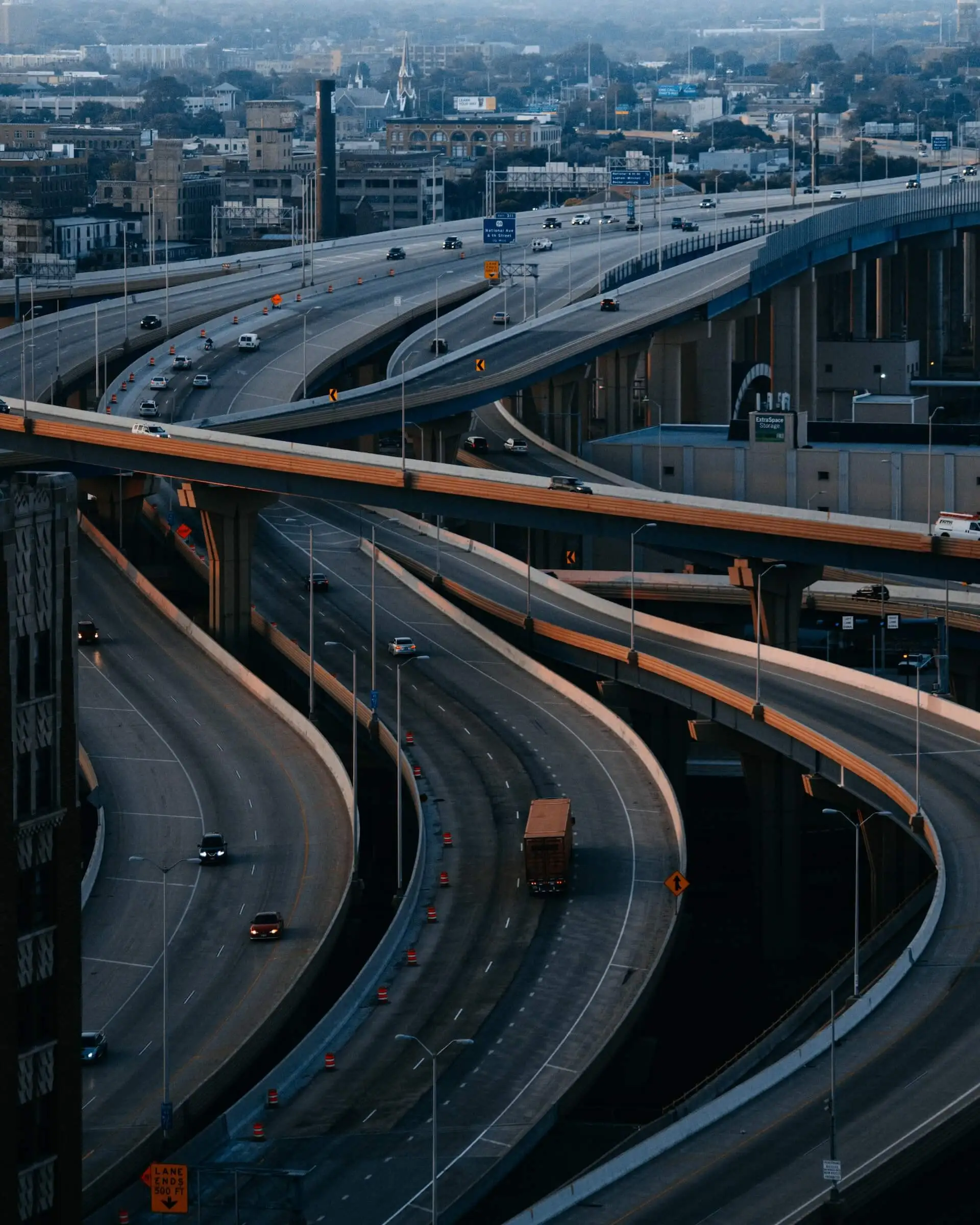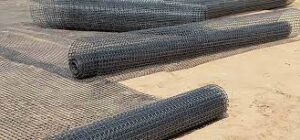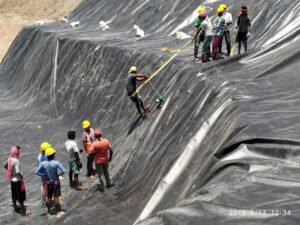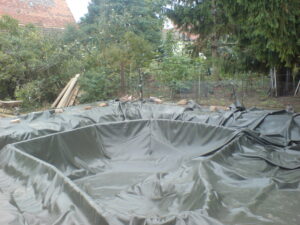Ocean HDPE Liner 1mm in the Waste Oil Pit Project, Durgapur, West Bengal
As environmental concerns continue to grow, industries worldwide are seeking sustainable solutions to mitigate the impact of their operations on the Earth. One critical area of focus is the storage of hazardous materials like oil, which, if not managed properly, can lead to severe environmental damage. In Durgapur, West Bengal, a forward-thinking approach was taken in the form of the Waste Oil Pit Project, where Ocean HDPE Liner 1mm played a crucial role in protecting the Earth from potential harm.
The Challenge: Mitigating Oil Contamination
The industrial landscape of Durgapur, known for its steel and coal industries, posed a significant challenge in managing waste oil. Improper storage and handling of oil can lead to leakage, seepage, and contamination of soil and groundwater. Without effective containment measures, the risk of environmental pollution loomed large.
The Solution: Ocean HDPE Liner 1mm
Recognizing the need for a reliable and environmentally friendly solution, the project managers turned to Ocean HDPE Liner 1mm. This high-density polyethylene liner is designed to provide a robust barrier against oil seepage, ensuring that the stored oil remains contained and does not pose a threat to the surrounding environment.
Project Details
Location: Durgapur, West Bengal
Product Used: Ocean HDPE Liner 1mm
Quantity: 60,000 Sqm
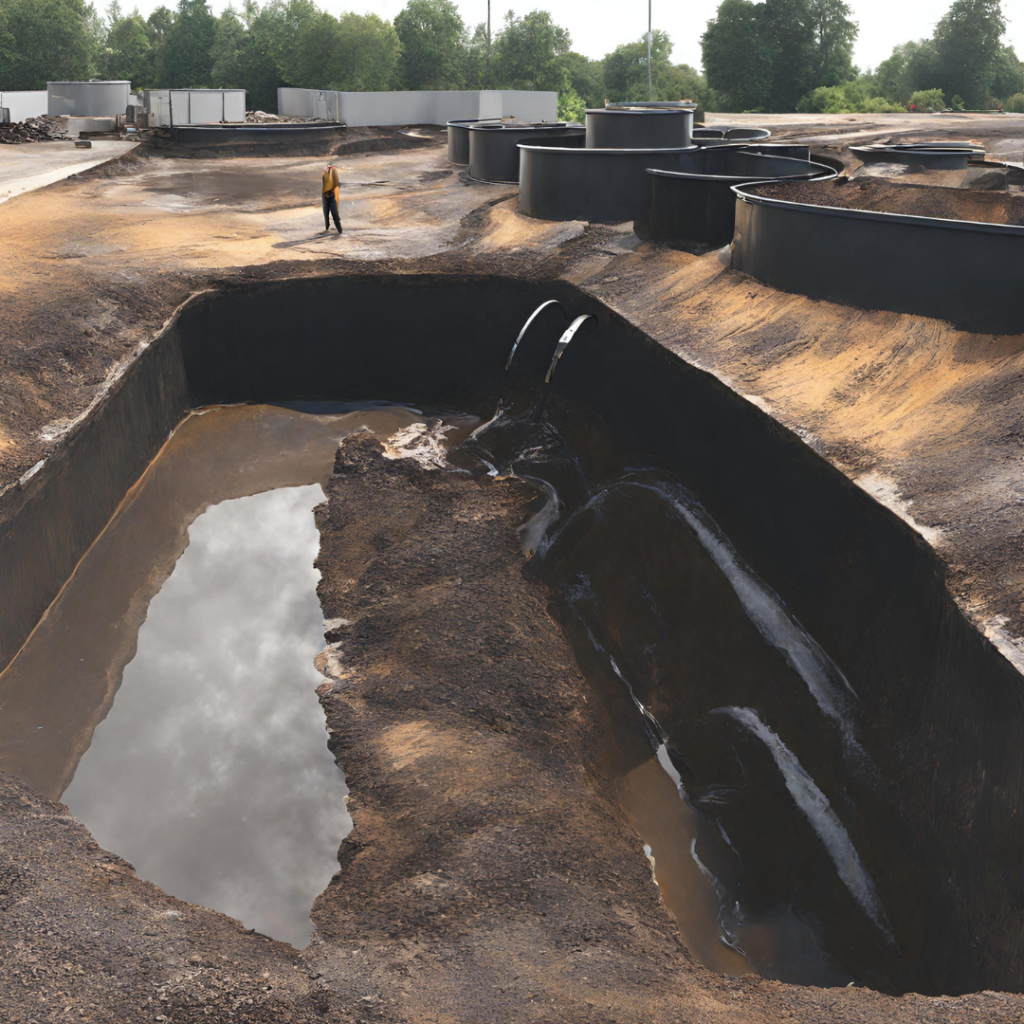
Why Geosynthetics Matter
Geosynthetics, such as HDPE liners, play a crucial role in modern engineering projects. In the context of the Waste Oil Pit Project, using Ocean HDPE Liner 1mm offered several key benefits:
1. Environmental Protection
Without proper containment, oil can seep into the soil and contaminate groundwater, leading to long-lasting damage to the ecosystem. The impermeable nature of HDPE liners prevents such contamination, safeguarding the local environment.
2. Soil Preservation
Oil spills not only contaminate the soil but also degrade its quality, making it unfit for agriculture or other purposes. By using HDPE liners, the soil beneath the oil pit remains untouched and ready for future use, preserving valuable land resources.
3. Cost-Effectiveness
While initially an investment, the use of Ocean HDPE Liner 1mm proves to be cost-effective in the long run. The prevention of environmental cleanup costs, fines, and potential lawsuits far outweighs the upfront expenditure.
The Impact
The implementation of Ocean HDPE Liner 1mm in the Waste Oil Pit Project has had a profound impact on the local environment and community:
1. Environmental Conservation
By preventing oil leakage and seepage, the project has contributed to the conservation of the local ecosystem. Flora, fauna, and groundwater reserves are protected from the harmful effects of oil contamination.
2. Community Health
Clean water sources are essential for the health and well-being of the community. With the use of HDPE liners, the risk of groundwater contamination has been mitigated, ensuring safer drinking water for residents.
3. Sustainable Practices
The Waste Oil Pit Project serves as a model for other industries and regions, showcasing the importance of sustainable practices. Using geosynthetics like HDPE liners demonstrates a commitment to environmental responsibility.
Conclusion
In the Waste Oil Pit Project in Durgapur, West Bengal, the choice of Ocean HDPE Liner 1mm proved to be a game-changer. By effectively containing oil and preventing environmental contamination, this geosynthetic solution not only protected the Earth but also set a precedent for sustainable industrial practices. As industries worldwide strive for greener operations, projects like this highlight the crucial role of geosynthetics in creating a cleaner, safer future.
Remember, when it comes to protecting our planet, every step — even a layer of HDPE liner — makes a significant difference.
